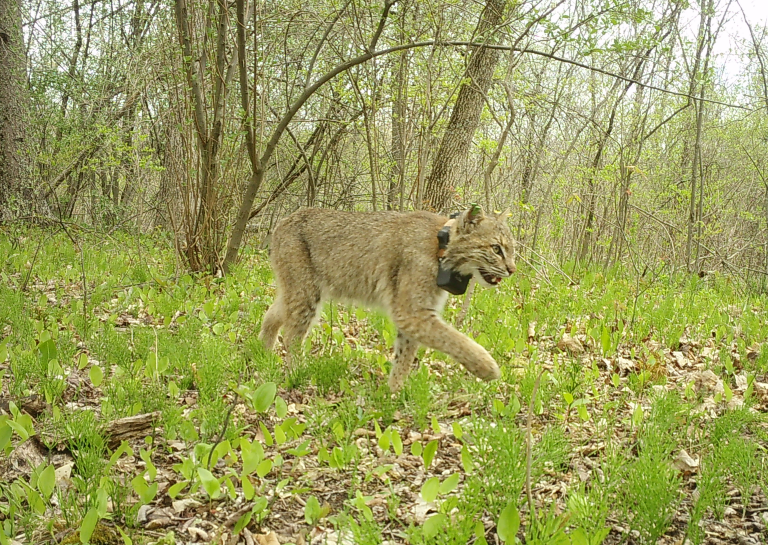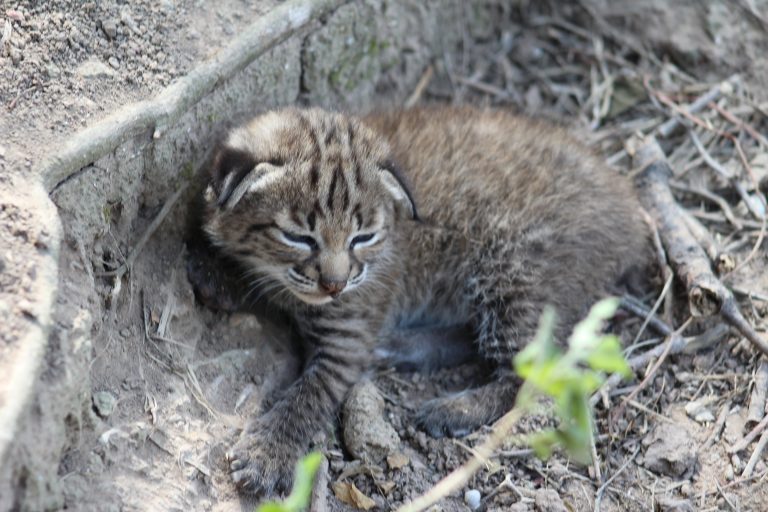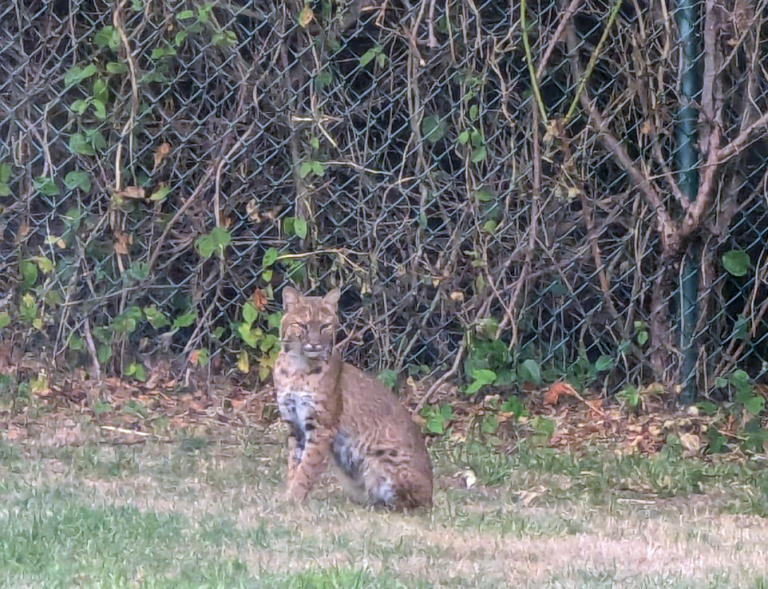The Quest Lab at URI is beginning an exciting bobcat study this winter!
Researchers, led by 2nd-year URI PhD student, Chris Hickling, will place GPS collars on local bobcats to gain a deeper understanding of how these elusive cats use their habitat.
Human land use affects all wildlife, from species that thrive in human-dominated areas—like rabbits enjoying our gardens—to those that face new dangers, such as deer involved in car accidents. Studying how bobcats and other species adapt to changing landscapes helps us understand why some animals flourish while others struggle.

Bobcats are also important predators, helping control rodent and rabbit populations and contributing to the health of our forests. Forests themselves are more than just trees—they provide wildlife habitat, clean water, climate regulation, and carbon storage. But human activities, such as logging, can fragment forests and threaten biodiversity. While some species benefit from changes in forest structure, bobcats and other wildlife may be negatively affected.

Why This Matters for SKLT
Understanding how wildlife responds to forest management helps SKLT make informed decisions about protecting and restoring habitats on our lands. By supporting SKLT, you help ensure that our forests continue to provide safe homes for bobcats and countless other species, while maintaining the ecosystem services we all rely on.
How You Can Help
- Become a member or renew your support to fund conservation projects.
- Volunteer on habitat restoration projects to help maintain healthy forests.
- Share this research with friends and family to raise awareness about local wildlife and forest stewardship.
- Report any bobcat sightings through this link to support ongoing research in the area.

Together, we can help our forests—and the wildlife that depend on them—thrive.
Questions? Reach out to Quest Lab PI, Dr. Kathleen Carroll, at Kathleen.carroll@uri.edu.